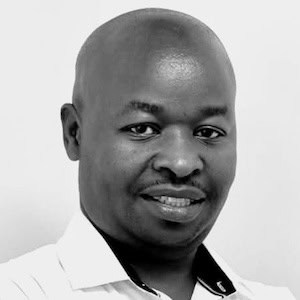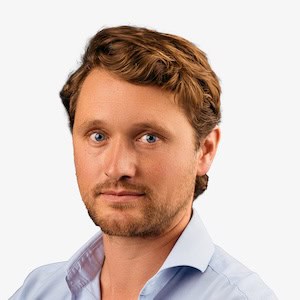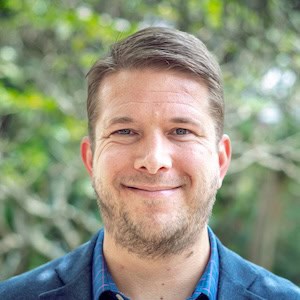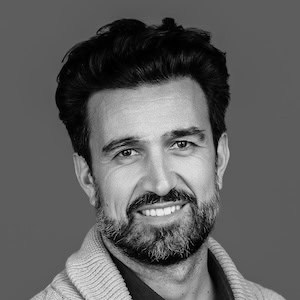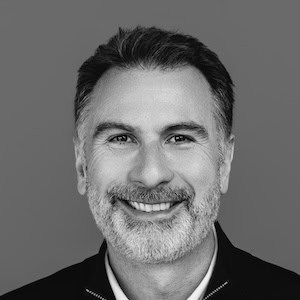-
Financial Inclusion is Failing Farmers: How the Sector Can Finally Reach the $200 Billion Smallholder Market
There are 450 million smallholder farmers supporting about 2 billion people worldwide. Yet financing available to farmers lags behind the need, which is estimated in excess of $200 billion. Blaine Stephens of MIX and Mike Warmington of One Acre Fund explore the reasons why and offer potential solutions – including a new, centralized directory their organizations are building, which provides useful information on existing smallholder finance products.
- Categories
- Agriculture, Social Enterprise
-
Happy Labor Day
America’s celebrating Labor Day today, so NextBillion’s editors are taking a little time off to honor our workers and maybe even go to a parade. Wherever you are, have a wonderful day. Be sure to check back in with us tomorrow for some agricultural content for our September theme.
- Categories
- Uncategorized
-
Making WASH Sexy: An Often Neglected Sector Comes Into Its Own
In a social business landscape littered with apps and accelerators, WASH doesn’t come across as the sexiest of sectors. So when NextBillion launched its August focus on WASH, we editors weren’t expecting words like “hope” and “innovation” and “opportunity” to be thrown around a lot. But they were. And as the month ends, we’re feeling – dare we say it – excited about the long-term future of water, sanitation and hygiene, and about the businesses focused on improving them.
- Categories
- Health Care, Social Enterprise, WASH
-
Powering Communities Through a Surprising Source of Renewable Energy: Human Waste
Around the world, a staggering 2.5 billion people lack access to decent toilets. That leads to far too many people getting sick from preventable diseases. Anne Healy and Erin Crossett of Development Innovation Ventures say the good news is that some enterprising companies are experimenting with ways to make human waste disposal profitable in the developing world.
- Categories
- Energy, Environment, Health Care, WASH
-
Making a Case for the Business Case: New Ways to Provide Sustainable Financial Services to Low-Income Communities
The high numbers of people who participate in informal savings groups is appealing to financial service providers – there are hundreds of thousands of active groups whose self-selected members save weekly for a year, and share their accumulated savings – but it's not easy to tap into this market commercially. BFA recommends using a business case modeler to help acquire low-income people as customers in a sustainable way.
- Categories
- Finance
-
From Smart Meters to ‘Water ATMs’: Innovative Solutions to Bring Water Services to Rural Africa
An estimated 663 million people lack access to clean and safe drinking water in the world today. Innovations such as smart metering services are being tested to enhance access to water. However, these solutions have not been widely adopted across Africa, except at some water vending points. George Muruka at MicroSave explores how these innovations can be scaled up to the household level.
- Categories
- Technology, WASH
-
Register for SOCAP: Get a $250 Discount
SOCAP17 is still over a month away, but September 1 is the last chance to get tickets for under $1,000. Act now to get SOCAP17 tickets for $945 (a savings of $550 off full-price SOCAP tickets) using discount code MP_NextBillion applied to the Summer Special rate. Register soon!
- Categories
- Investing, Social Enterprise
-
Fixing Financial Inclusion’s Gender Gap: Fast-Growing ‘Community of Practice’ Seeks Solutions
One billion women living in the poorest 40 percent of developing-country households remain outside the formal financial system. A persistent gender gap in developing countries in account ownership rates suggests that efforts at financial inclusion are not reaching women. In an effort to change that, CGAP recently launched the Women’s Financial Inclusion Community of Practice to bring together practitioners, funders and policymakers.
- Categories
- Finance


